The reason why McKintel is unable to know the success and failure is a sign of a bad life.
Author:China Renmin University Press Time:2022.07.22
Maikinter: Find good in heterogeneous life

Paola bazz: Blurred Identity, 2016
The main identity of modern people is ruptured and flowing
He occupies space in the traditional family, ethnic and political units
It is also involved in the increasingly complex social division of labor system and has an economic role
When each identity is connected with specific interests and social groups
When these interests often conflict with each other and difficult to reconcile
How should a person who should act as a husband, father, worker, and party members at the same time?
This is the practical problem that philosopher Mcing Tail tries to discuss
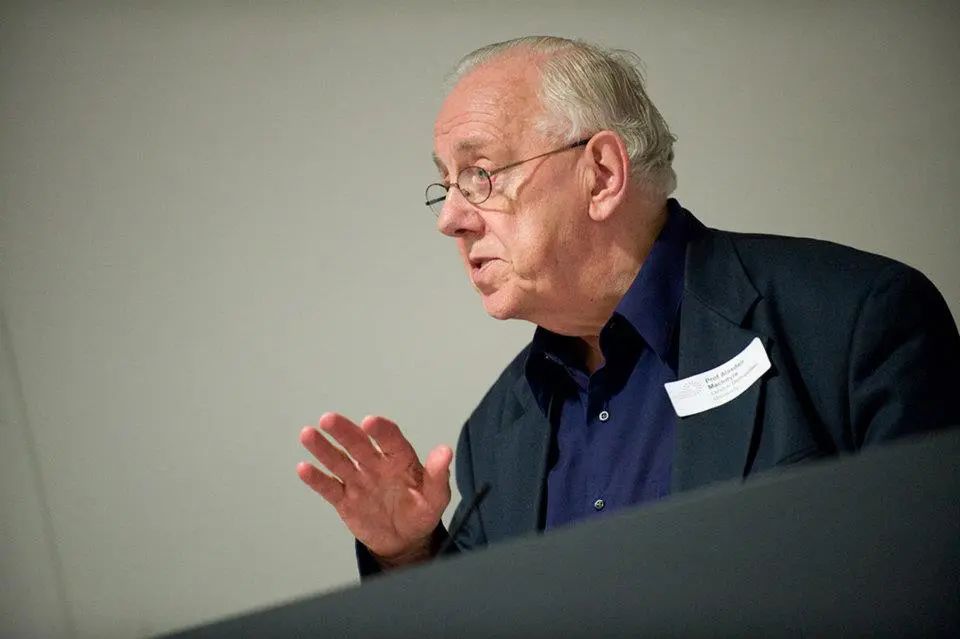
McKintel
Kant has discussed the question of how the subject acts in many identities and environments
And delineate the division of "public use of rationality" and "private use of rationality"
For example, the service officer who served in service was accepted by a certain task of being submitted by the superiors
Or citizens when paying in accordance with regulations on his tax amount
If the purpose and usefulness of the command of this order
Then it belongs to the use of rationality in private and paralyze the order
On the contrary, when this officer and citizens have perception as a world citizen
He properly used his own rationality publicly
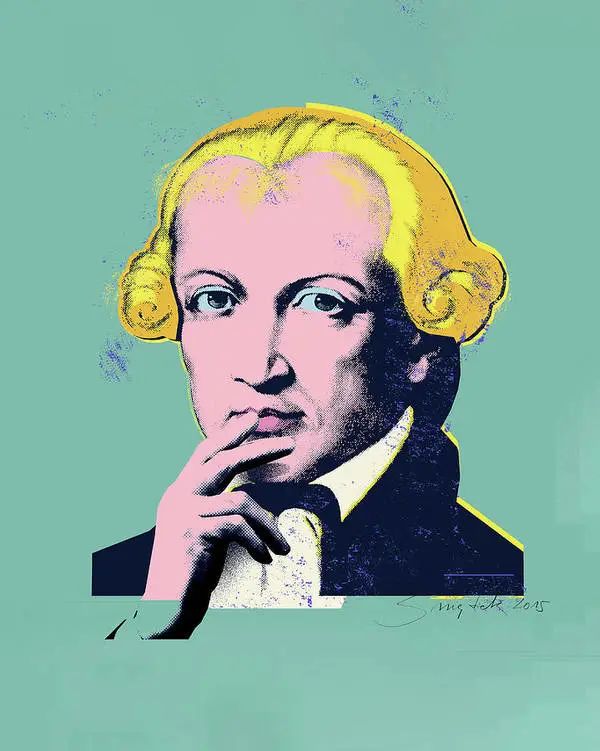
Kant
If Kant emphasizes how modern people build a suitable social space
As a result, the balance between order and freedom
In the book "Ethics in Modern Sex Conflict"
McKintel cares about the specific content of "expressing insights":
As a person, not just a family member, friend, student or farmer
How to choose your own way of survival in conflict identity and interests
In other words, how do we determine the maximum good in action, that is, "the highest purpose"
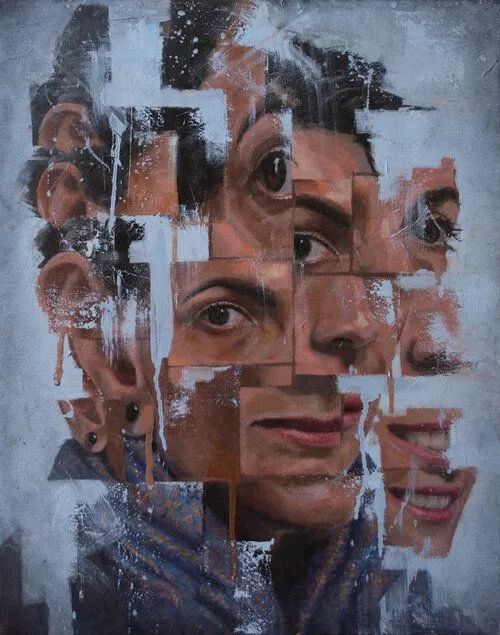
Broken and heterogeneous subjectivity in modern society
McKintel summarized many answers in the history of philosophy for us
For Plato, the answer is the understanding of the "good form"
For Aristotle, the answer is to think about what we think is thinking
We should do what we can and look at things from God's eyes
For Proveno, the answer is the unity of "The One"
In the view of Bo Aius and Aquina, the answer is the manifestation of God
Of course, we can add Kant's discussion on moral law
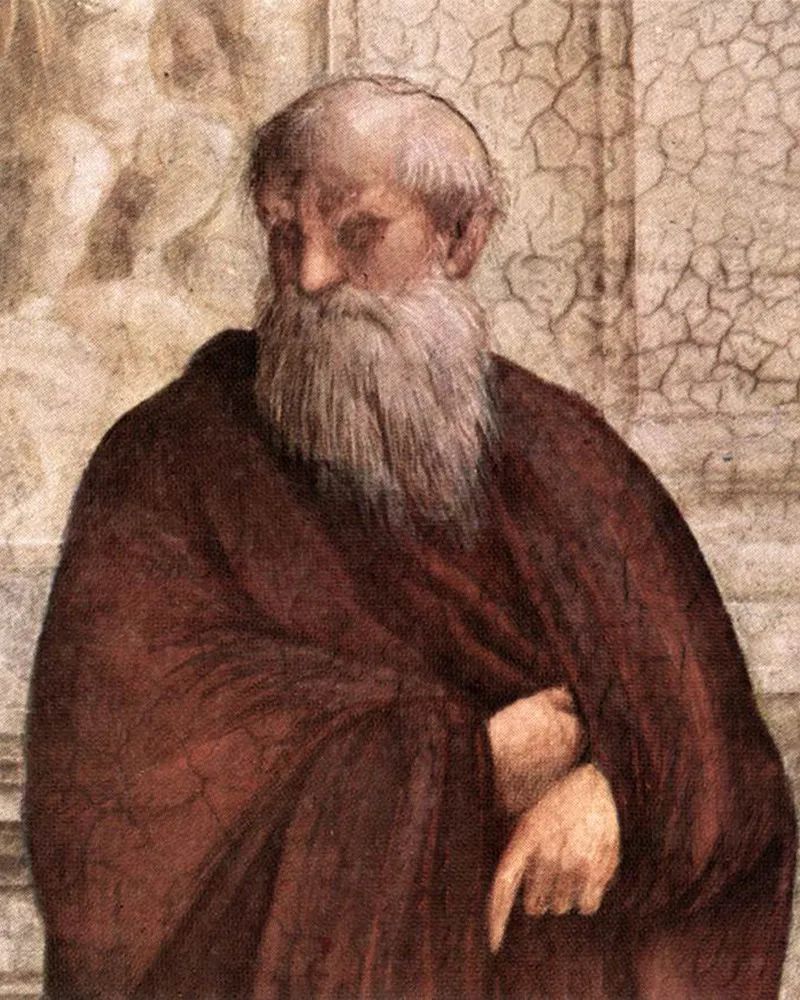
Prove
However, compared to the traditional answer given by philosophy theorists
The problem of Mcing Tail is that in the specific daily practice of the subject's specific daily life
When he starts to make practical judgments and choices between the identity and interests of the difference
What cognitive methods and behaviors do you need to introduce?
In this regard, Mcing Tail's answer is: narrative
The subjects who are good at reflection are increasingly understanding ourselves and others from a certain narrative perspective
They are the subject in narrative to determine the ultimate goal or fail to determine the final purpose
This reminds us of the ethical meaning of Benjamin's narrative
In the image of a storyteller, upright people meet himself
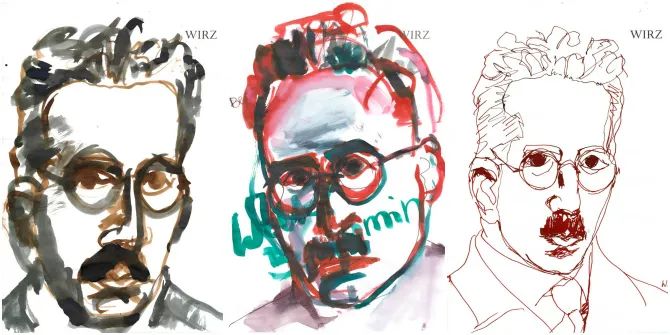
If you look at it, the person who tells the story adds the ranks of mentors and wise men. He has teachings, but this is not just a few occasions like a saying, but the wisdom of wise men is generally accurate. The storyteller has the end of the life of the entire life. His talent is to describe his life, and his uniqueness is that he can spread his entire life ... In the image of a storyteller, upright people meet himself.

Title: Ethics in modern conflicts: On desire, practical reasoning and narrative (watch)
Author: Alasdair Macintyre
ISBN: 978-7-300-29414-8
Price: 98.00
Publishing date: 2021-05-31
Press: Renmin University of China Press
Alasdair Chalmers Macintyre
Ethics in modern conflict
"Narrative and practical rationality"
2022/07/18
Andy Denzler, Fragatend Identity

1
The heterogeneity and diversity of life
Even for the most successful person, there is still a problem: assuming the benefits to obtain and the excellence to achieve in extensive practice and various activities, then which practice and activities should be in my life in the center of my life in the center Location, edge positions, or no position at all? To answer these questions, we need to remember several aspects of life.
First, some of the core interests in our lives are higher than and beyond the interests of practical activities, such as family and friendship interests, self -knowledge interests, and relaxed conversations and jokes between colleagues or acquaintances. Second, not only that, our very important interest at a certain stage of life may be different from the very important interests at other stages, and it is usually not the same interests. The change of time changes. The friendship between young people is different from the friendship of the elderly, and common memory plays a great role in these friendship. The self -deception of young people is different from the self -deception of the elderly, and it plays a great role in editing of memories in these self -deception. The joke of young people is not a joke for the elderly.
It is exactly that we strongly feel that life has heterogeneity and diversity, so we should ask such problems: In what sense should we integrate life? In what sense should I have the right position in my specific life? Of course, there are more versions of this problem: as a person, not just as family members, friends, students or farmers. What is my best life? We generally know what goals to achieve in advance so that they can achieve excellence in various activities. For example, when they were young, they were students or apprentices. Later, they had a job, married, and parents. At the stage, we are friends with others, but we still need to continue to explore the goals and weigh many purposes to achieve the excellence of human beings. So, what may be the ultimate goal?
2
What is the highest purpose
Considering the situation just now, this ultimate purpose should first be a purpose that a rational subject is pursuing all stages of life. Essence In other words, the ultimate purpose must be the purpose of rational activities, which is compared with many specific purposes. As the purpose of rational activities, its realization must involve a certain high self -knowledge, involving what we are, what we do, and what we can do. Secondly, this ultimate goal must be an end, that is, the subject of this purpose to achieve this purpose and end your life.
The ultimate goal means that people will definitely not need or seek more things after achieving this purpose. This is not only because the ultimate goal is more desirable and more valuable than any other desire object, but also because it is value at different levels. Again, compared with other interests, we can point out that many things are not the ultimate interests. This process of thinking is inspirational educational significance. Aquina once pointed out that the life aimed at achieving the final interest cannot point the main goals of life to the obtaining happiness, power, political honor, money, or getting the body, intelligence, morality, aesthetic, and even mental excellence. Xiang is all real benefits. It is precisely because of the existence of these interests that we must weigh.
Finally, the final interest must be occupied in the face of all other interests: all other interests are given the right position in the life of the subject, but the purpose of the entire life of the subject is to achieve its final interests. Instead, it can be said that it can be said. The ultimate interest is the purpose of the subject. These other interests are the interests of a specific subject, the interests in a specific, and the interests in specific aspects. In contrast, such an ultimate interest is unconditional interests and the standard for measuring other interests. So, what is such a final interest, or what conditions can be to become such an ultimate interest?
We generally ask questions in this way, and we seem to need to get the answer immediately, but in fact, it is too early to get the answer. Imagine the general answers given by some thinkers, and they made an outstanding explanation to the good and interests depicted by the New Aristotle tradition: For Plato, the answer is to "The Form of" (The Form of THE Good's understanding; for Aristotle, the answer is to think about what we think about, we should do what we can and look at things from God's eyes; for Plotinus The answer is to achieve the unity of "The One"; in the view of Boethius and Aquina, the answer is God's manifestation. Should we agree with one of the answers, or do we make another answer? Before that, we couldn't choose. Until now we found that these answers were provided by philosophy theorists. Theorists described practical life from an external perspective.
3
As a narrative of ethical technology
However, if we first use theoretical terms to describe practical life and do not recognize the characteristics of practical life itself, then we will make mistakes. We first need to consider and determine the concept of an final purpose, that is, the status of the concept of a final human interest in practical life. Only when we make practical judgments and choices, each of us can use our own special abilities and environmental conditions through practical judgment and choice, and we can best play our own special abilities and environmental conditions. This allows our own lives to be perfect and successful. Therefore, more and more subjects who are good at reflecting understand themselves and others from a certain narrative perspective. They are the subject in this narrative to determine the ultimate goal or fail to determine the ultimate goal. Understanding the essence of the final purpose means that they are the subject of rationality. People's self -awareness and self -awareness are slowly and unevenly improved on the road to exploring this ultimate goal, which enables people to better understand the success and failure of themselves in the past life in the past, and understand The reason. From this point of view, the reason for the success and failure in life is a sign of life. If we have reached the state of the ultimate goal, then this means that we have improved our understanding after reflection. In this state, we can not only tell the story of our lives, but also to make all our failures to make true our failure. Evaluate.
4
Narrative and practical reason
This method attaches importance to narratives in the subject life, and this narrative has three significant characteristics. First, this narrative is not only a narrative of an individual life, but also a narrative of individual life in interpersonal relationships. She can be family members, students, then teachers, colleagues, or maybe fishing operations or orchestra. Members of the team, she needs to rely on others in these relationships, and others need to rely on her. In some ways, what she has to consider is the reason why "we" fails or success, not just "I", but in the changes in the subject of thinking between "I" and "U", she needs a study the process of. Second, this narrative will be concerned about how she and others learn from their failure and errors. They have common interests and learn from these common interests. It is worth noting that errors, perhaps especially for major errors, can be understood as opportunities for people to learn, not just understood as people's judgment errors, or people's yielding to the wrong desire. Third, we have said this, the narrative will show more and more directions, which allows her to more integrate various individual interests and common interests. She has regarded the pursuit of individual interests and common interests At this time, she may think that the final interest exists in the relationship with God, or she may not think so. Therefore, her narrative will have a purpose -based structure; if she tells us about this narrative, we will naturally ask, "Will she achieve her purpose? Will her life be a good end? Or is it prematurely sprinkled with people?"
Of course, whether she can theoretically conceived the final interest depends on what kind of person she is and the level of being good at reflection. How she conceived the final interest, to a certain extent, depending on the cultural resources she and those who pursue common interests, depending on what culture she lives with them, such as ancient, medieval, early modern times, enlightenment, or in the age of enlightenment or The culture of the post -enlightenment era depends on her and her society's religious attributes, such as paganism, Judaism, Christianity or Islam. We have imagined her as a person who can think and express, and can tell her life in proper way. However, although many rational subjects have reflected on their specific situations in practice, they have never found an opportunity to tell their own life stories, or they may have no resources to tell these stories. People always have a real story to let this story capture the narrative structure of their lives, but the attributes of the rational subject do not require people to always think about themselves based on the idea of this story.
Only through some practices and certain relationships can we learn how to become the subject of practical rationality, and how can we learn how to practice people without them. These relationships and let others get away from these practices and these relationships. This may be shocked by the new Aristotle that we imagine. Excluding people outside of these practices and these relationships, making people's moral experience barren, making people unable to understand the meaning and method of such a rational subject. Such a life will deprive people of some experiences, but only these experiences can let people know where to start moral and political discussion. Therefore, this is destined to make a person's mistakes in understanding and understanding, as if the new philosopher imagined by Nietzsche is destined to have errors. These new philosophers have turned the will to explore the truth into a will to pursue power. It can be seen that the new Aristotlers who are good at reflecting on reflection from Nietzsche who have learned from "Beyond Good and Evil" and the lesson we are good at reflecting on their imagination is very different. But it is worth noting that the insights they get in Nietzsche's works are difficult to get elsewhere, and it may not be possible. For any students who learn modern morality and moral philosophy, some of Nietzsche's works, just like Hume, Kant, and Mill's works, are indispensable readings. Essence Note: This article is selected from McKintel: "Ethics in Modern Sexual Conflict: On Desire, Practical Inference and Sy narrative") Chapter 1, there are deletions.
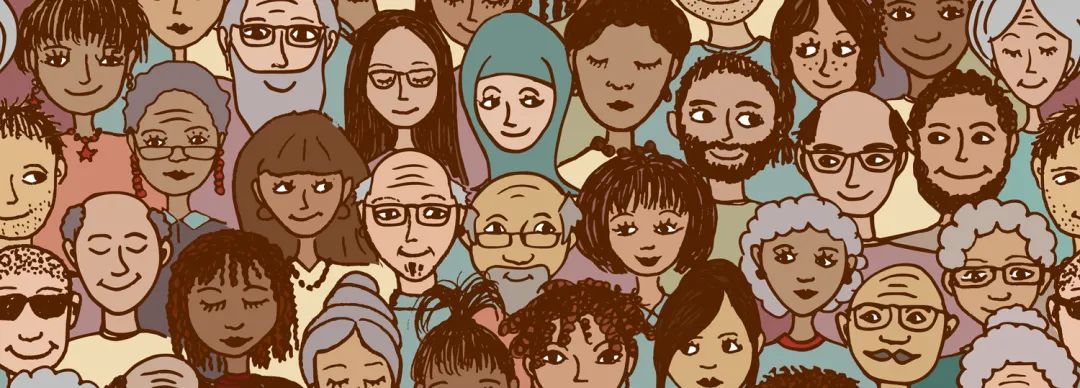
- END -
Lile and Music Shandong | Weifang: [Create the Capital of East Asian Cultural Capital] "Covenant of Red Sorghum" -The Gengmi Story Art Exhibition

Hosted by the Weifang Artists Association and the Propaganda Department of the Gao...
Yichang Library launched the summer "Liang Liang Reading Corner" to take you cool "summer"
The high temperature of the day has made each travel suffer from suffering; the su...